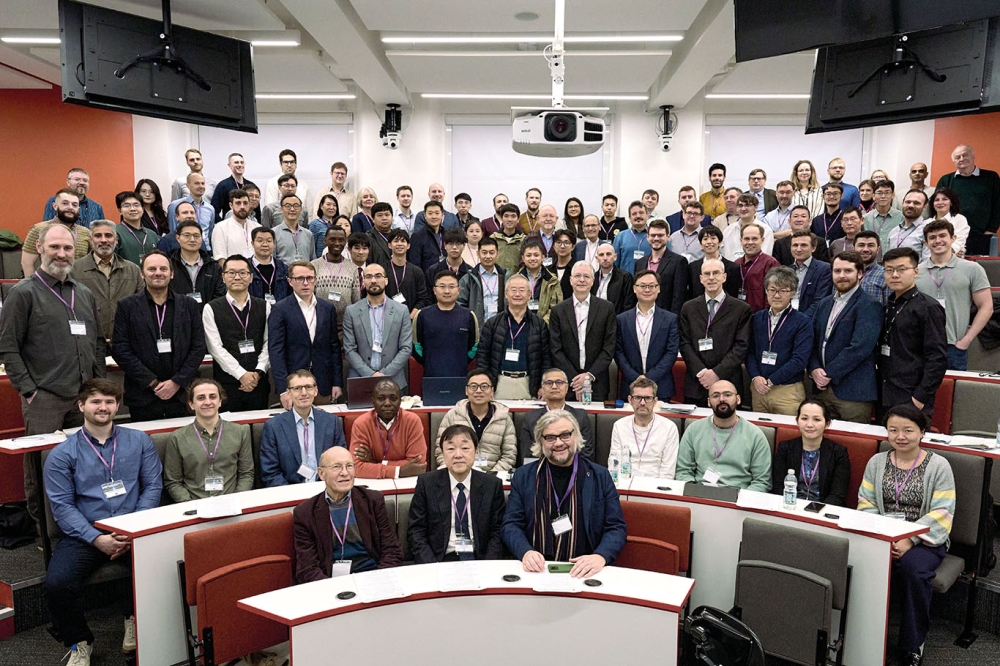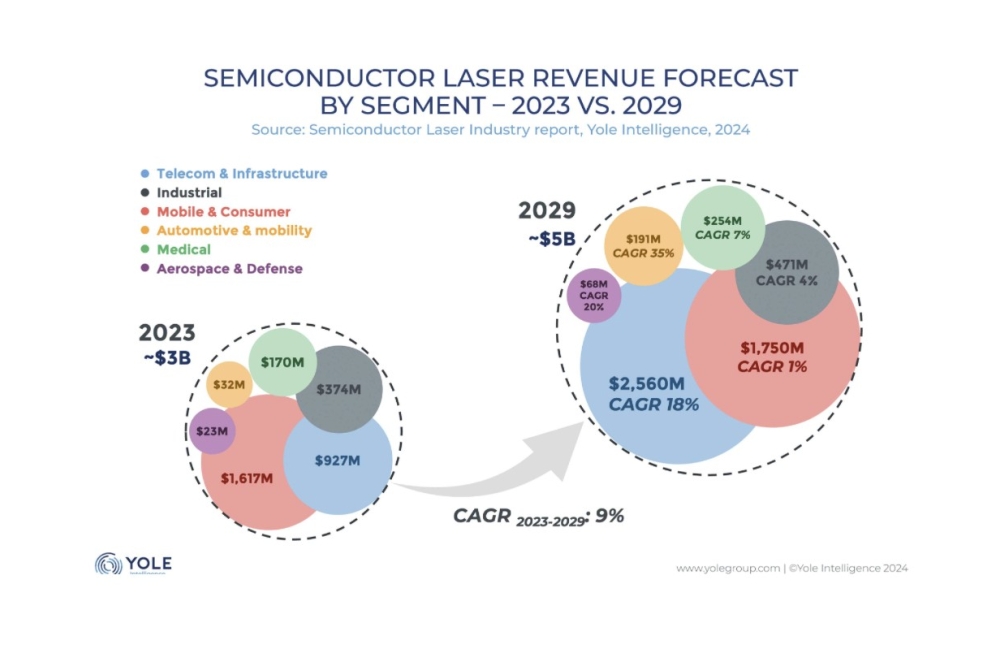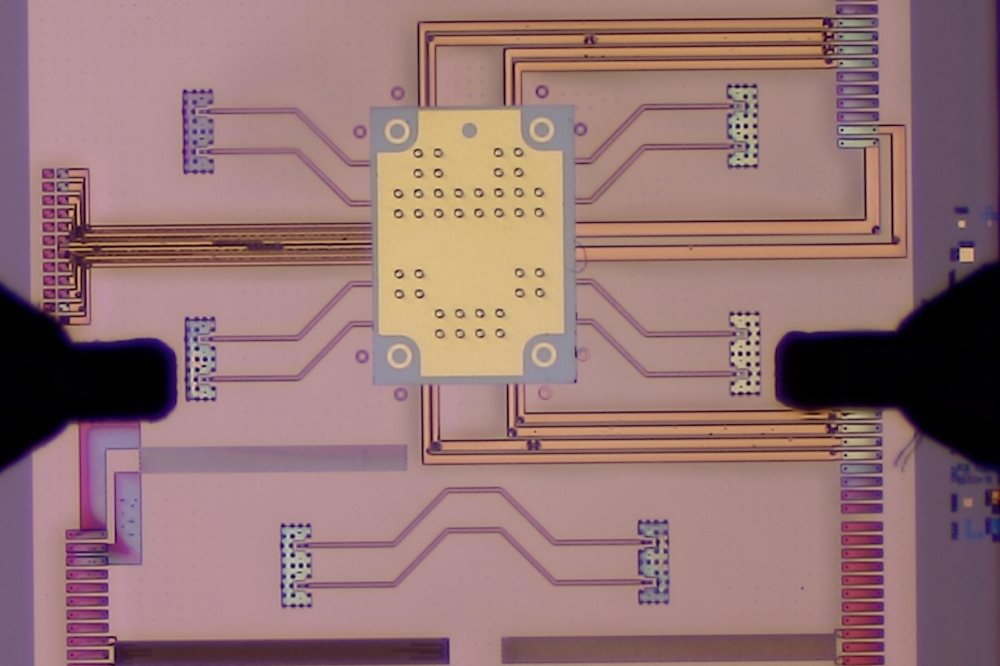Technical Insight
Nichia loses patent case, Rohm sues again (LED News)
Recent events in Japan have further added to the legal tangles concerning nitride-based blue LEDs. In a ruling on June 13, the Tokyo District Court accepted a claim from Toyoda Gosei that a patent held by Nichia was invalid. This marked the first occasion on which a court has struck down one of the hundred or so blue-LED patents held by Nichia. Adding to Nichia s woes, Rohm filed a lawsuit on July 2 at the Kyoto District Court claiming that Nichia is infringing a patent held by Rohm. The court has been asked to order Nichia to stop manufacturing and selling blue LEDs. Toyoda wins one The disputed patent at the heart of the ruling in favor of Toyoda Gosei relates to the basic structure of a blue LED. Toyoda Gosei successfully argued that this patent should be ruled invalid, because the claims of the patent are in the public domain since older patents relating to it have expired. In April 1999, Toyoda Gosei asked the Patent Office to revoke Nichia s patent, but the request was refused, prompting Toyoda Gosei to sue in June 2000. Nichia has consistently maintained a policy of refusing to license out processes or technologies on which it holds a patent where it regards these as fundamental. Competitors, however, are producing blue LEDs using methods they claim they developed on their own, leading to patent conflicts. Nine lawsuits involving Toyoda Gosei and Nichia relating to patent infringements have so far been filed in the Tokyo District Court. Toyoda Gosei lost two cases last year, but has had two rulings in its favor this year (see ). It is unlikely that the ruling against Nichia will challenge the company s overwhelming lead in blue LEDs, given the large number of patents it holds on related manufacturing methods and other processes. Rohm strikes back Rohm is also battling with Nichia in the courts, and seems to be hoping for a cross-licensing agreement to clear the way for it to commence mass production of blue LEDs. The Kyoto-based optoelectronics giant, which has established an alliance with Cree (see Compound Semiconductor February 2001, p8), is believed to have sounded out Nichia about cross-licensing last year. When that move failed, Rohm filed a complaint with the International Trade Commission in the US, citing infringement of several patents. Rohm was subsequently forced to withdraw the complaint, but has now filed a related lawsuit in Kyoto District Court. The patents in question relate to a method of reducing the operating voltage of an LED while maintaining high efficiency, which leads to a reduction in power consumption by about 10%. Rohm is investing some 5 billion yen ($41 million) to build a research and manufacturing facility for blue LEDs, and plans to roll out its newest product, developed jointly with Cree, as soon as possible after the legal issues have been sorted out. To facilitate this, and to try to prevent further lawsuits, Rohm asked the Tokyo District Court on July 9 to rule that its blue LED does not infringe upon Nichia s patents.































